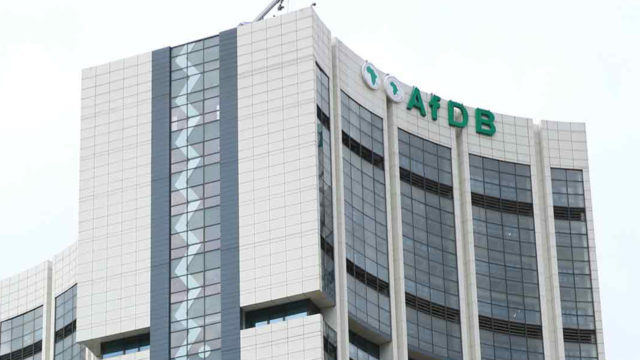The African Development Bank (AfDB) said the 2023 economic outlook of the continent appears “stable” even as it called for “bold policy actions” to reverse the impacts of rising inflation and subdued growth.
In its 2023 Africa’s Macroeconomic Performance and Outlook released yesterday in an event monitored virtually, the regional bank reviewed growth prospects of African countries on a case-by-case basis even as the average growth slowed from 4.8 to 3.8 per cent at the close of last year. The growth is expected to scale up to four per cent this year and slows to 3.9 per cent through 2024.
For Nigeria, AfDB estimated growth to average 3.2 per cent 2023 through next year while the worrisome inflation rate (which closed at 21.24 per cent the previous year) is expected to slow down to 14.6 per cent. Nigeria’s growth outlook is slower than West Africa’s average growth projection of 4.1 per cent (2023) and 4.3 per cent (2024).
AfDB’s projection for Nigeria’s output aligns with the expectation of the Chief Consultant of B. Adedipe Associates Limited, Dr. Biodun Adedipe, but it is lower than the World Bank’s projected 2.9 per cent.
East Africa tops the sub-regional forecast at five per cent through 5.4 per cent in the next two years. The Southern African economy is expected to see a growth rate of 2.3 per cent and 2.8 per cent in 2023 and 2024 respectively.
Besides the eastern sub-region, the African economy saw a negative growth rate in 2020 following the distortive impacts of COVID-19 but bounced back strongly in 2021. Last year’s full data is not ready but growth was generally believed to have been kneecapped by geopolitical tensions, elevated inflation and the associated restrictive monetary framework.
“Growth is estimated to have slowed to 3.6 per cent in 2022 from 4.4 per cent in 2021, reflecting decelerations in Côte d’Ivoire and Nigeria, the region’s two large economies.
Though hit by the COVID-19 pandemic, insecurity, and weak oil production (despite higher international oil prices), Nigeria could benefit in 2023 from ongoing efforts to restore security in the restive oil-producing region.”
“A peaceful political transition following the 2023 elections could further boost investor confidence. Nigeria’s recovery in 2023 could help raise West Africa’s average growth to more than four per cent in the medium term,” said the report.
It noted that oil-exporting countries, which account for about 51 per cent of the continent’s GDP, could weaken marginally in the year to four per cent last, from 4.2 per cent witnessed in 2021.
“This was due to a sharp growth deceleration in Libya and subdued growth in Nigeria, the group’s largest economies. Their growth is projected to stabilise at 4.1 per cent in 2023 thanks to the expected reduction in political risks in Libya and the projected improvement in oil production in Nigeria, as prices remain elevated relative to the downturn during the pandemic,” it pointed out.
Source: The Guardian








